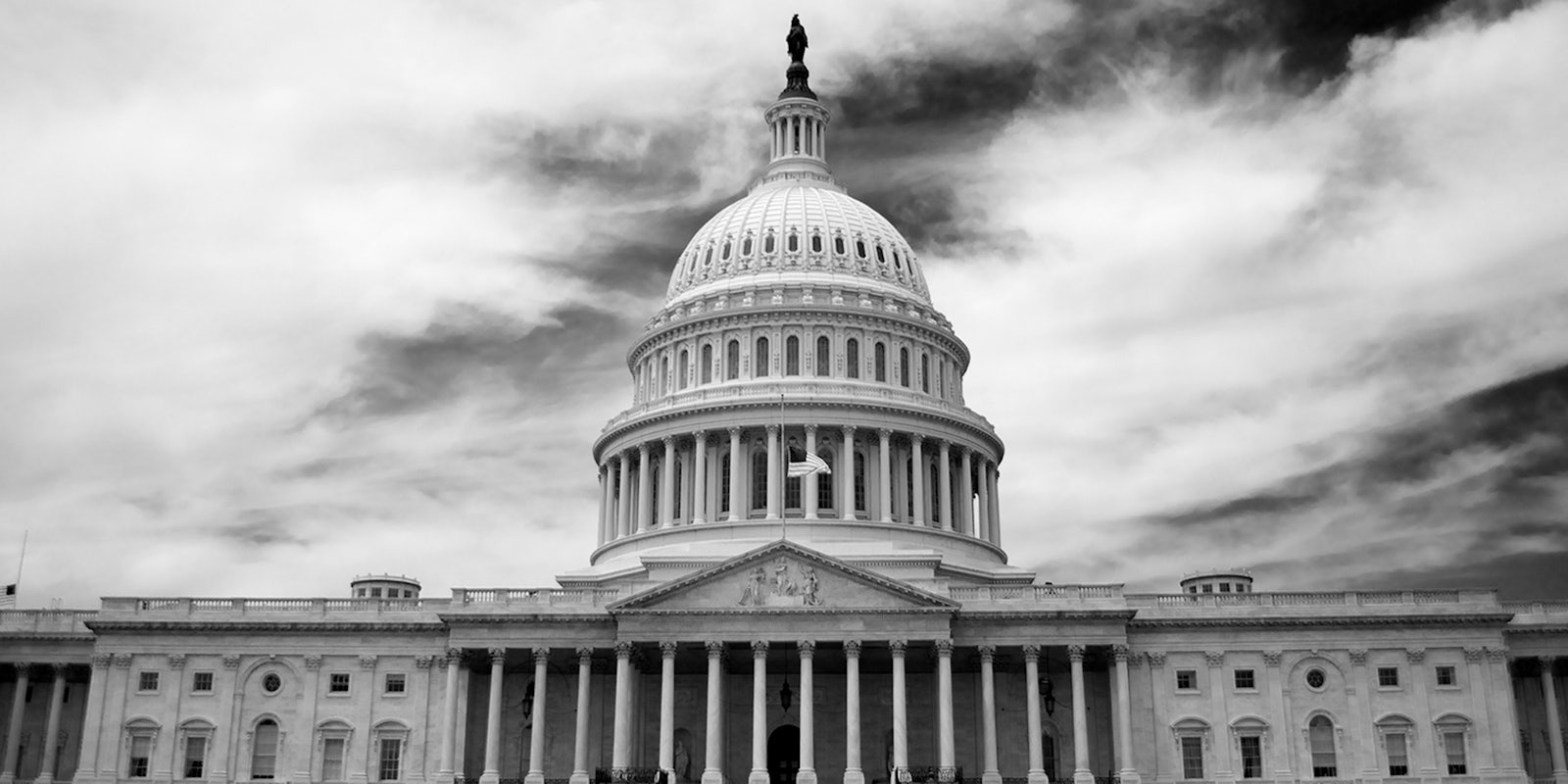The Senate voted 62-37 on Friday evening to “fast track” trade deals, effectively leaving the House of Representatives as the last major hurdle for the U.S. to adopt the controversial Trans-Pacific Partnership (TPP).
The fast track bill, also known as Trade-Promotion Authority (TPA), may seem curious, as its purpose is actually to limit Congress’s own power. With fast track legislation in place, as it was from 1975-1994, the House and Senate aren’t allowed to vote on individual elements of international trade deals like the TPP, and instead members must simply vote yes or no on whether to pass it.
And that’s a big deal, as it seems the TPP has something for anybody to hate. The deal, currently under wraps as a dozen Pacific Rim countries’ trade representatives negotiate it, has had several chapters leaked to WikiLeaks, and analysts haven’t been impressed. Environmental groups abhor its environment chapter, labor groups say it’ll promote unfair worker practices, and Internet-freedom groups say the TPP’s intellectual-property chapter will effectively force TPP nations to adopt copyright practices that can force Internet providers to track their users’ activity and can be abused as a censorship tool. The world’s largest corporations, whose lobbyists are among the few able to influence the text, overwhelmingly and openly support the TPP.
Senate Majority Leader Mitch McConnell (R-K.Y.) praise the Senate’s passage of fast track as a win for the American economy.
“The trade legislation we passed is all about creating new opportunities for bigger paychecks, better jobs, and a stronger economy,” McConnell said in a statement. “The tools it contains will allow us to knock down unfair foreign trade barriers that discriminate against American workers and products stamped ‘Made in the USA.’”
Despite pressure from Internet-freedom groups, Sen. Ron Wyden (D-Ore.) voted in favor of TPA, and said the TPP promised improved standards over earlier trade deals.
“Today the U.S. Senate closed the door on the 1990s and NAFTA-style trade deals,” Wyden said in a statement. “Congress sent the message that trade done right will open new markets to red-white-and-blue-products while raising the bar on the environment, labor and human rights values Oregonians hold dear at the same time.”
President Obama has been extremely vocal about his support for the TPA, often butting heads with his fellow Democrats. If the TPA bill failed, it’s likely that Congress would so disagree over individual chapters of the TPP that it would never adopt it or fatally damage the negotiations process.
It remains to be see if the Democratic minority and Republicans skeptical of free-trade deals in the House will be able to shore up enough opposition to block TPA’s passage.
Update 8:39pm CT, May 22: Added statements from Sens. McConnell and Wyden.
Brad Clinesmith/Flickr (CC BY SA 2.0)


